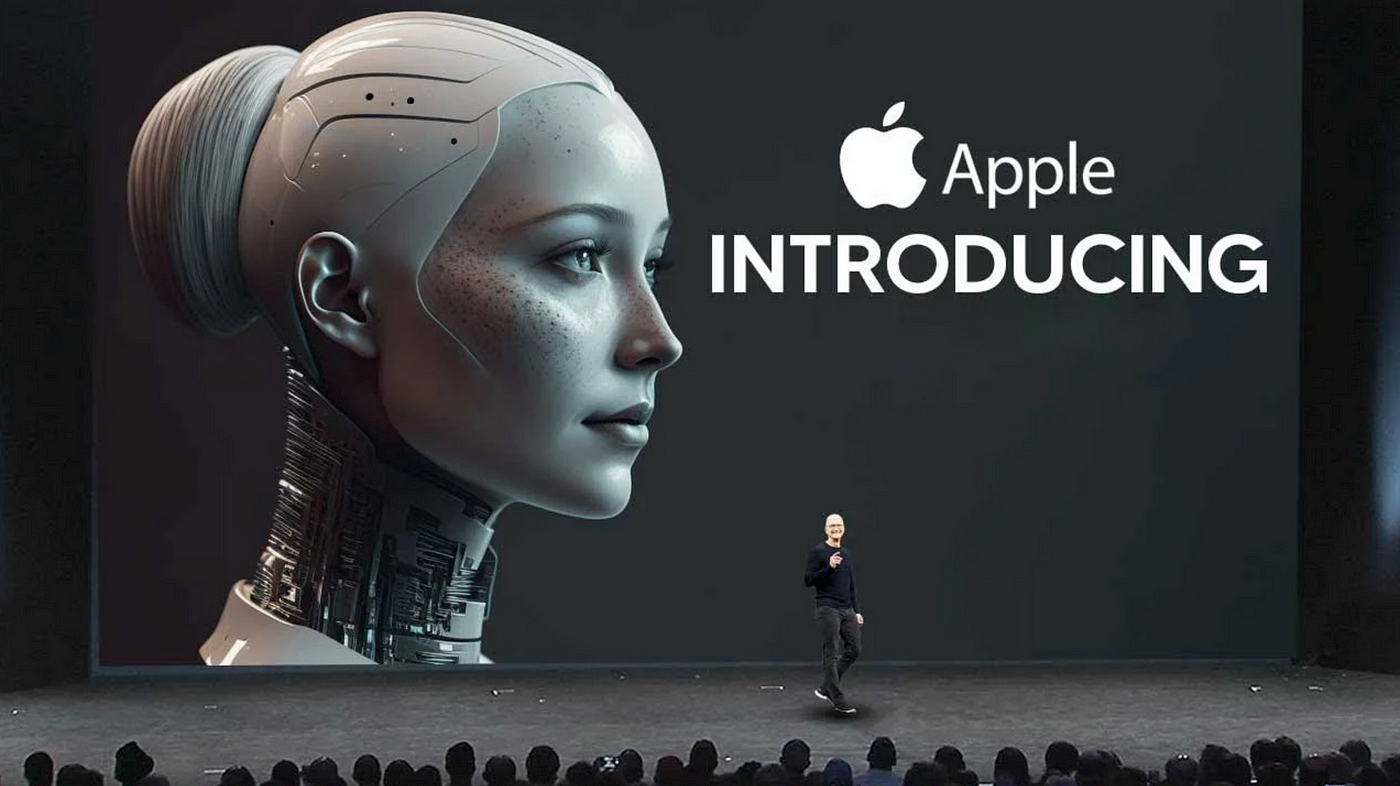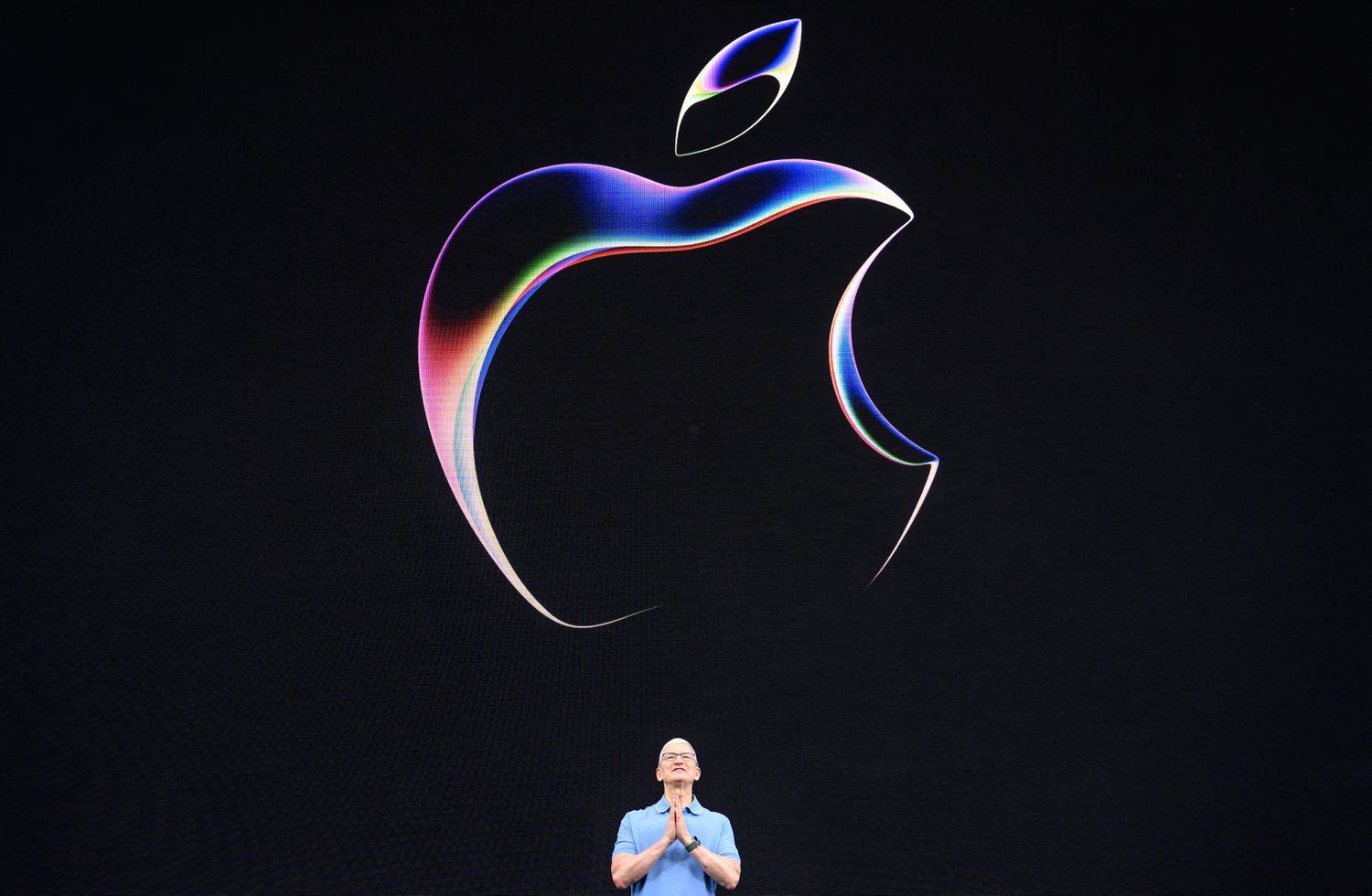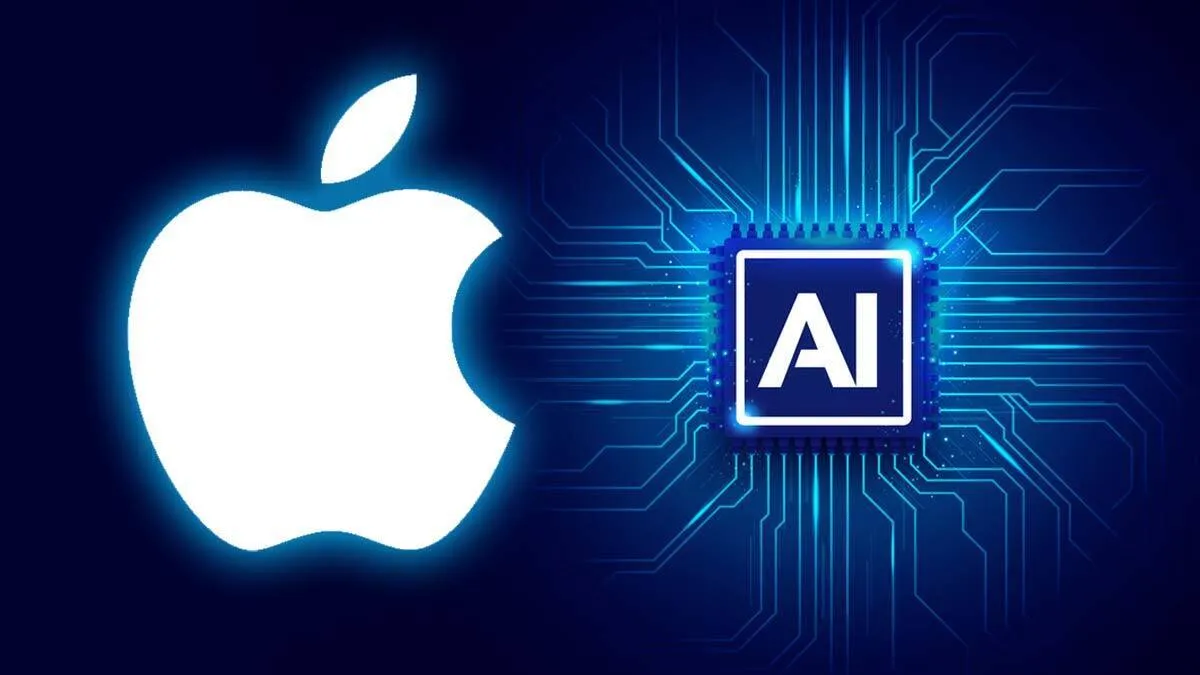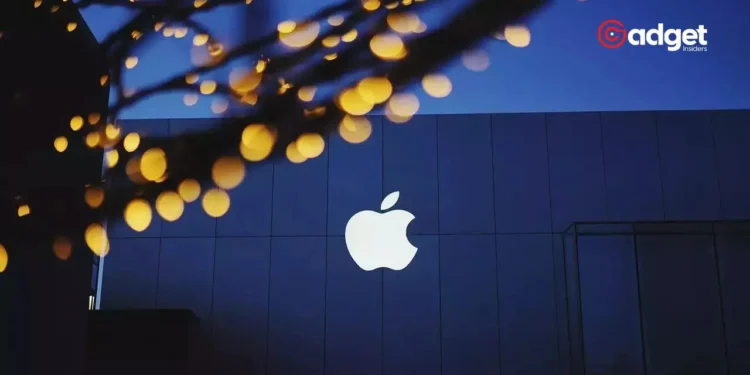Despite the slowdown in iPhone sales, which saw a 10% drop from last year, falling short of the $46 billion projected by analysts, Apple’s total revenue told a different story. The company registered $90.8 billion in services revenue for the March quarter, marking a new record and demonstrating robust growth in areas outside of its flagship product line. This figure surpassed the expected earnings of $90.1 billion, as reported by The Guardian, leading to a surge in share prices after hours.

In addition to these financial maneuvers, Apple announced an increase in its cash dividend to $0.25 per share, up by 4%, and approved a staggering $110 billion stock buyback, signaling strong future prospects and confidence from the board.
Apple’s Strategic Shift and Market Dynamics
The first quarter of the year highlighted Apple’s challenging position in the global smartphone market. The company briefly lost its top spot to Samsung, following a shift in market shares that also saw Huawei making significant inroads, particularly in China. Despite these challenges, Apple’s management remains optimistic, particularly in the Chinese market where demand has not dipped as feared.
Tim Cook boosts Apple campus investment to US$250 million for Singapore AI talent expansion https://t.co/2zbL1cG4Zl
— Vivi Huang (@Daring35991901) April 28, 2024
CEO Tim Cook and CFO Luca Maestri addressed these concerns during the earnings call, expressing a cautious yet positive outlook. Notably, Cook announced substantial investments in generative AI technologies, positioning the MacBook Air as the premier consumer laptop for AI applications.

Apple’s Pivot to Artificial Intelligence
After shelving its ambitious electric vehicle project earlier in February, Apple has redirected its focus towards artificial intelligence. This strategic pivot includes laying off staff from cut departments and winding down the decade-long autonomous EV initiative, Project Titan, which had amassed a projected cost of $10 billion.
Despite being more reserved in its AI ventures compared to giants like Microsoft and Google, Apple is ramping up its efforts. It’s rumored to be establishing an AI research hub in Zurich and has been actively recruiting AI experts. The company’s commitment to AI was further underscored by Cook’s promise during the earnings call to unveil “very exciting things” related to AI to their customers soon.
Navigating Through Competitive Waters
As Apple maneuvers through these strategic shifts, the broader tech landscape continues to evolve rapidly. Competitors like Samsung are not only reclaiming market leadership but are also enhancing their financial profiles, as seen in Samsung’s impressive first-quarter performance in 2024. The growth in demand for AI-specific servers and memory products has buoyed Samsung’s profits, marking a successful rebound from the previous year’s economic difficulties.

The Road Ahead for Apple
With the mixed-reality headset Vision Pro making a modest impact since its launch, Apple faces growing pressure to maintain its innovative edge, especially as it reportedly lags behind rivals in AI development. However, Cook’s recent discussions seem to signal a new chapter for tech giant, focusing heavily on AI as a key area of growth and market reclamation.
The shifting focus from hardware to services and AI not only highlights company’s adaptive strategies in responding to market and technological changes but also sets a precedent for how legacy tech companies might navigate future disruptions. As the industry leader continues to unfold its AI strategy, the tech world watches eagerly, anticipating how these moves will reshape the competitive dynamics of the industry.










